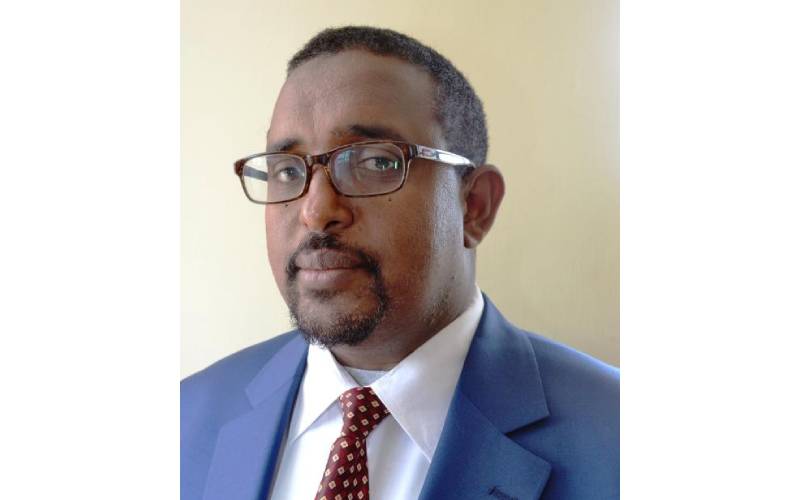
It is with tears of pain that I write this column. People of Isiolo and neighbouring counties are slowly bleeding and hurting. In the last few weeks more than two-dozen people have died due to inter-ethnic conflicts. Many more have been injured and are nursing their wounds in various hospitals.
Unfortunately, many victims are young people who otherwise should have had a bright future ahead of them. A woman I spoke to, whose husband was killed in his sleep, said she was left with eight children and homeless after their house was torched by marauding youth brandishing guns and riding on motorcycles.